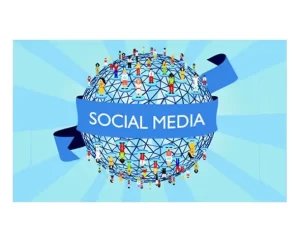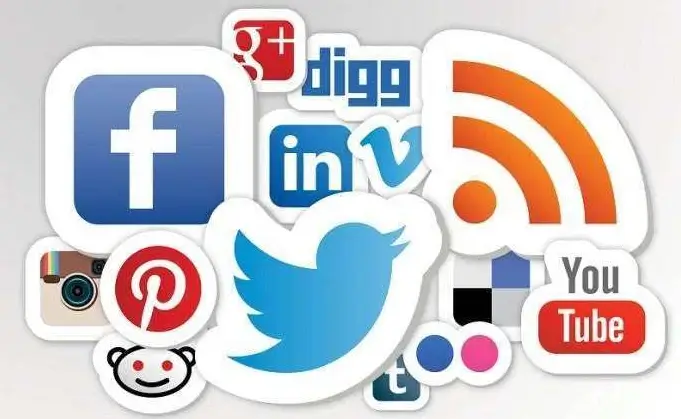 Social media has become an integral part of our daily lives, and as students, we use it to connect with friends, share our lives, and stay updated on the latest trends. However, social media can also bring a lot of pressure, which can negatively affect our mental health and academic performance. In this article, we will discuss seven effective ways to deal with social media pressure as a student.
Social media has become an integral part of our daily lives, and as students, we use it to connect with friends, share our lives, and stay updated on the latest trends. However, social media can also bring a lot of pressure, which can negatively affect our mental health and academic performance. In this article, we will discuss seven effective ways to deal with social media pressure as a student.
Set Boundaries
The first step to dealing with social media pressure is to set boundaries. Social media can be addictive, and spending too much time on it can affect your studies and social life. Decide on a specific time each day to check your accounts and stick to it. You can also turn off notifications or limit your usage to certain apps. Additionally, it is essential to set boundaries with the content you consume. Follow accounts that inspire you and unfollow those that trigger negative emotions or distract you from your goals.
Prioritize Self-Care
Self-care is essential for maintaining good mental health and reducing virtual pressure. It involves taking care of yourself physically, emotionally, and mentally. Some self-care practices include exercise, meditation, getting enough sleep, and eating a healthy diet. When you prioritize self-care, you are better equipped to handle the stress and pressures of social media.
Practice Mindfulness
Mindfulness is a practice that involves being present and fully engaged in the moment. It can help you reduce anxiety, improve focus, and manage stress. When you practice mindfulness, you become more aware of your thoughts, emotions, and physical sensations. You can then respond to them in a way that aligns with your values and goals.
Build a Support System
Having a support system is crucial for managing online pressure. It can be challenging to deal with the pressures of social media alone, and having people you can turn to can make a significant difference. Build relationships with people you think can be of help, such as friends, family, teachers, or even online communities.
Practice Gratitude
Gratitude is a powerful tool that can help you cultivate a positive mindset and reduce stress and anxiety. It involves acknowledging the positives in your life and expressing gratitude for them. You can practice gratitude by keeping a gratitude journal, expressing appreciation to people in your life, or focusing on positive aspects of your day.
Be Selective with Your Social Media Use
Choose platforms that can add something positive to your life, and limit your usage of platforms that trigger negative emotions or distract you from your goals. Additionally, it is essential to be aware of the time you spend on social media. Avoid comparing yourself to others, as the virtual world is not always the reality. Most importantly, avoid using social media during your productive hours of the day.
Seek Professional Help
If you are struggling with social media pressure, seek professional help. A mental health professional can help you develop coping strategies and address any underlying mental health concerns that may be contributing to social media pressure.
 In conclusion, social media pressure is a common challenge that students face today. However, by setting boundaries, prioritizing self-care, practicing mindfulness, building a support system, practicing gratitude, being selective with your social media use, and seeking professional help, you can effectively deal with social media pressure and maintain a healthy and productive life.
In conclusion, social media pressure is a common challenge that students face today. However, by setting boundaries, prioritizing self-care, practicing mindfulness, building a support system, practicing gratitude, being selective with your social media use, and seeking professional help, you can effectively deal with social media pressure and maintain a healthy and productive life.












